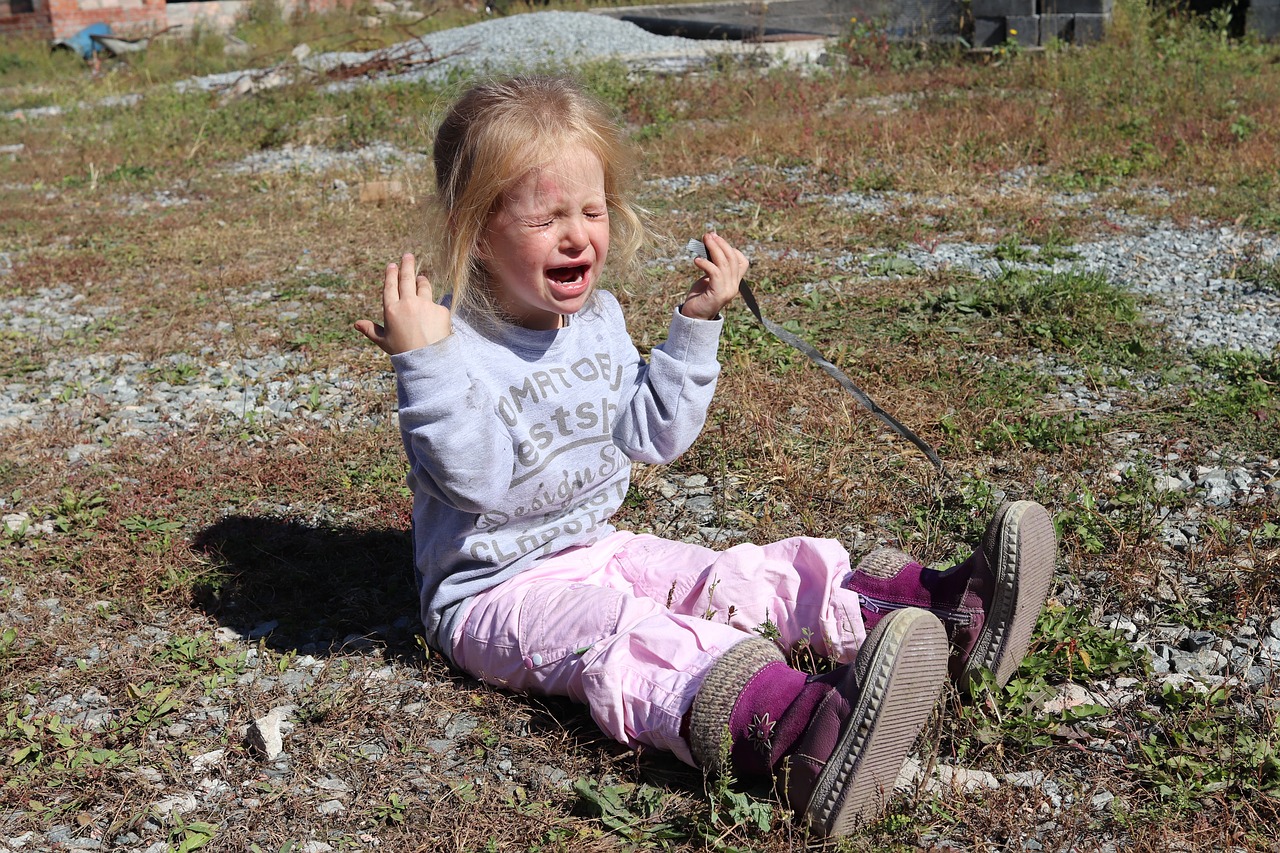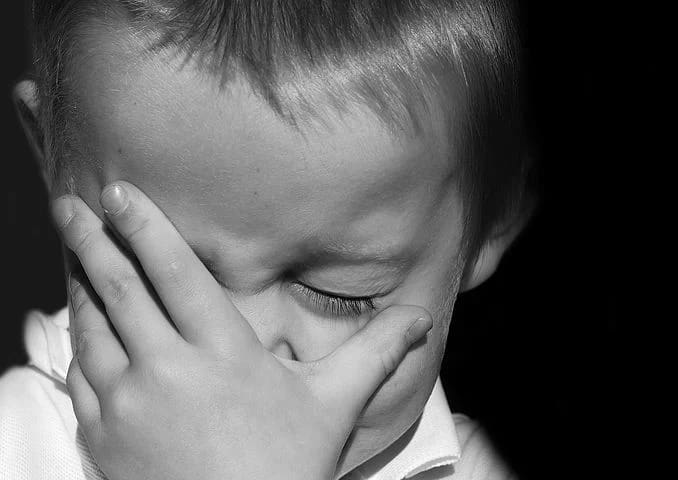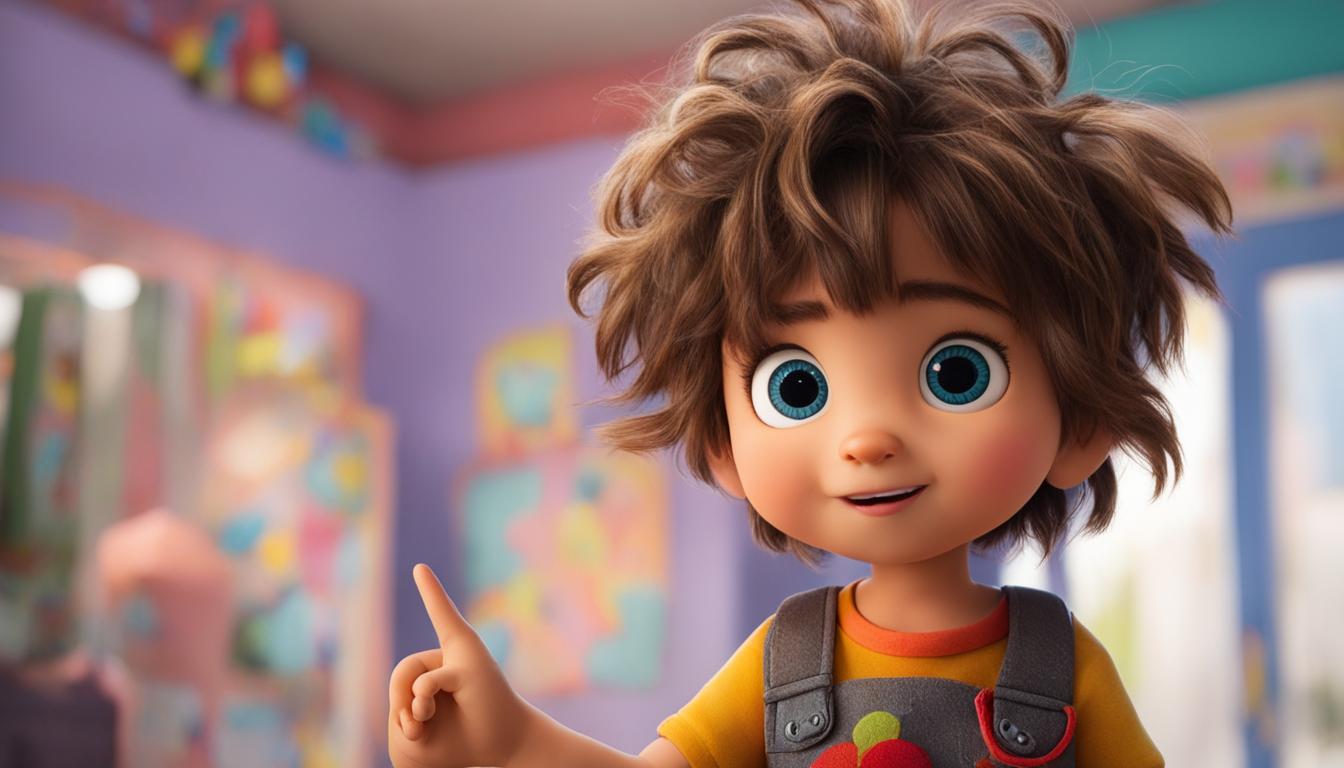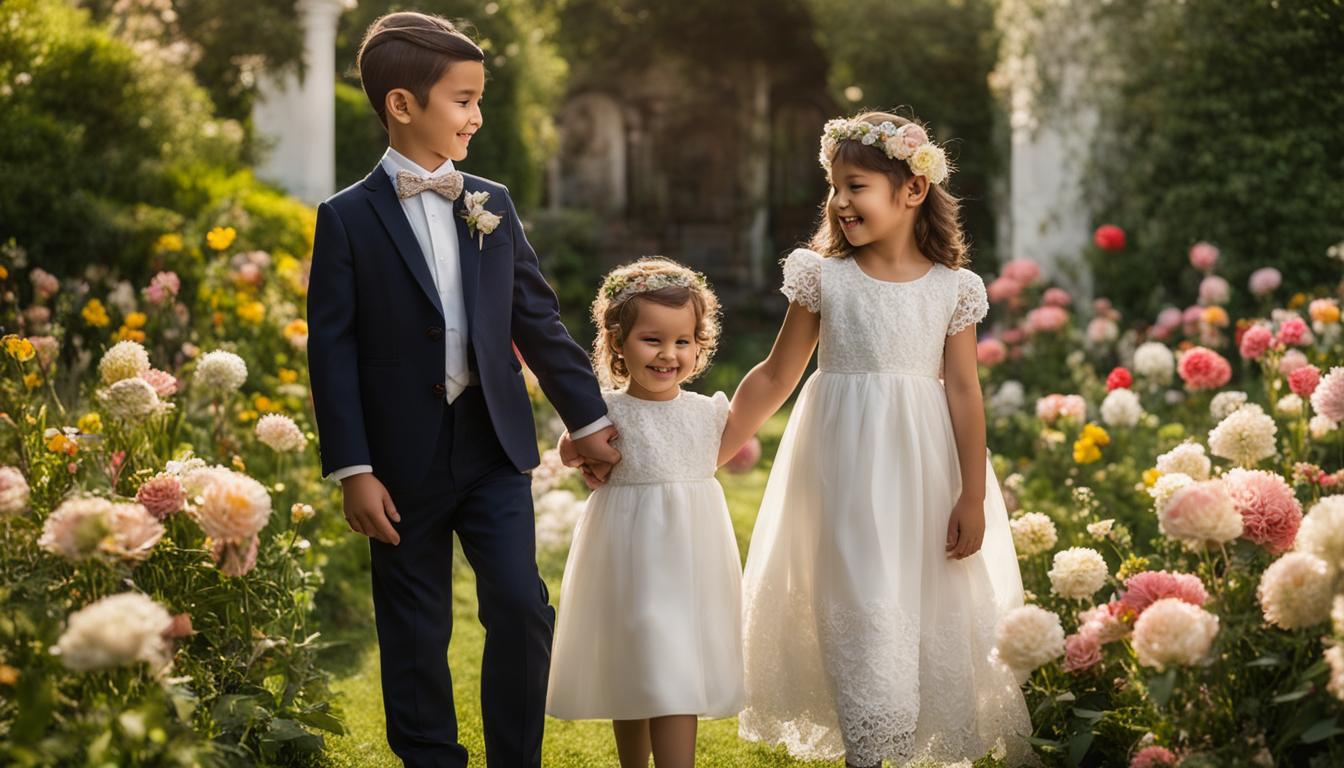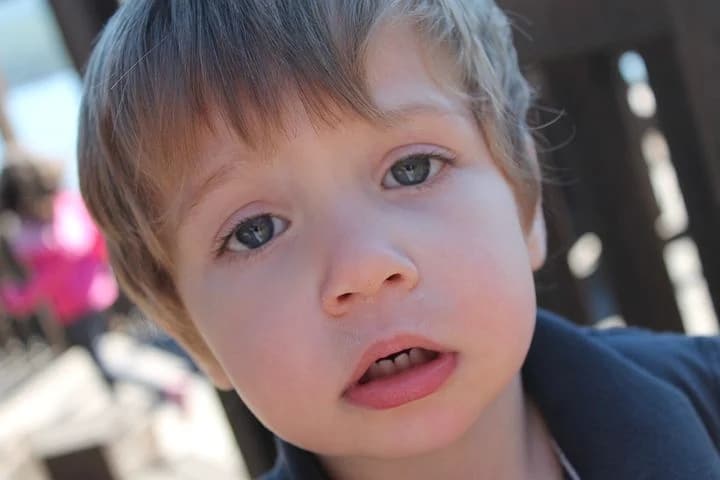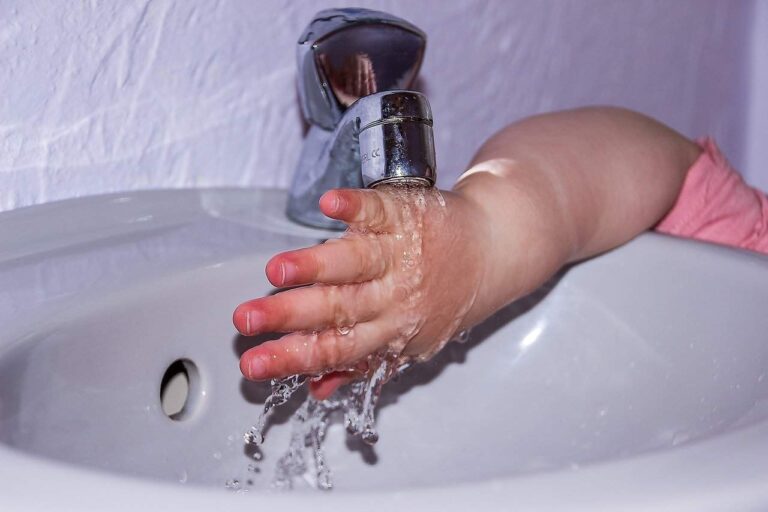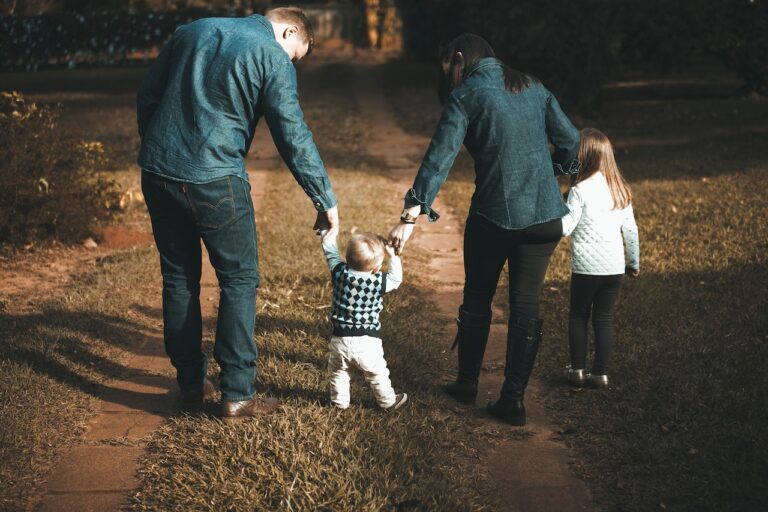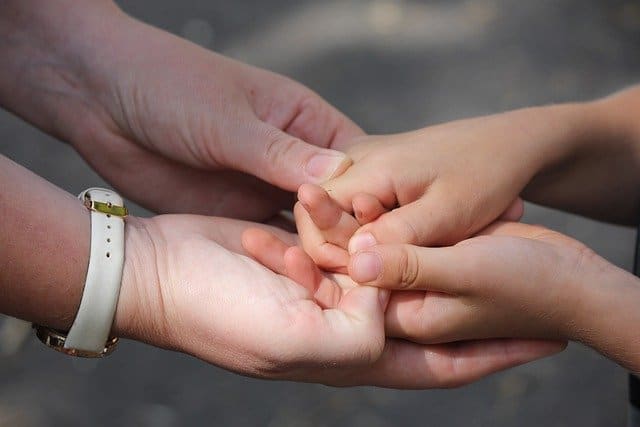How Long Do Terrible Twos Last: Toddlerhood Survival Tips
Whether it is a loved one, a doctor, or a stranger from the internet, you might have come across the words many people dread: terrible twos. It is a phase that many parents dread, especially when caring for a toddler. Just the adjective terrible can conjure up images of household chaos and dispute.
The terrible twos are a phenomenon many pediatricians and parents have witnessed firsthand and through word of mouth. From refusing to eat their veggies to screaming down department store aisles, the terrible twos are-well-terrible!
Taking care of a difficult two-year-old can be a daunting task. So being knowledgeable about what to expect can make things a little easier.
What is So Terrible About the Terrible Twos?
From the phrase itself, the terrible twos begin during toddlerhood, mostly at age two. During this stage, your child starts rapidly developing how to walk, talk, think, and express. They grasp what emotions are and start forming their own opinions about the world around them.
But toddlers can easily get overwhelmed and frustrated because they have not fully developed their skills. They may not have adequate physical, verbal, or emotional abilities to express themselves and finish tasks, which can cause upset.
It is not hard to spot when your child has entered the dreaded terrible twos phase. You will see changes in their behavior and communication.
Your child is more prone to throw tantrums, even over the littlest things. These tantrums can range from whining to full-blown meltdowns. Your child can also get physical and hit, kick, bite, and throw objects.
Fortunately, a tantrum usually lasts around 5 minutes or less. (Although, we do not blame you if it feels like forever.) Tantrums can also happen to kids under or over 2 years, and both boys and girls can have one.
As your toddler grows and reaches more milestones, they can also show opposition. Your child might refuse everyday routines like eating vegetables, holding your hand while walking down the street, or wearing the clothes you picked for them. During this phase, your toddler learns about independence and insists on doing tasks for themselves, sometimes even if they are incapable.
Finally, you might witness a few mood swings every now and then. Toddlerhood is when children begin to learn about emotions, including difficult ones. Your toddler will not yet have the right abilities to cope with their anger, frustration, and sadness.
How Long Do Terrible Twos Last?
For most toddlers, the terrible twos are a phase they will eventually outgrow. While terrible twos can turn into threes, you rarely see them go up to four, five, and beyond. According to research, only 10% of 4-year-olds throw tantrums, compared to 20% of 2-year-olds. Most 4-year-old children have enough understanding and control of their actions and emotions, so they are not prone to outbursts like toddlers.
Are Terrible Twos a Sign of a Behavioral Issue?
Behavioral disorders are tricky to diagnose in children ages 5 years and under. Tantrums, opposition, and mood swings can be signs of an issue, but a diagnosis requires care and plenty of observation.
However, aggressive and violent outbursts, antisocial tendencies, harming one’s self or others, and the like can warrant a visit to the doctor. Factors like your child’s environment or temperament can affect how they act and react to their world. Therapy can help correct harmful behavior and teach them how to cope safely and appropriately.
Tips on How to Manage the Terrible Twos
The terrible twos can cause stress for parents. But being proactive and guiding your child is the best thing you can do to avoid things from getting trickier. Here are some tips on how you can help your toddler overcome their phase:
1 Keep an Eye on Your Child’s Eating and Sleeping
Hunger and sleepiness can make toddlers feel cranky and defiant. Always keep an eye on their meal and nap time so you can avoid outbursts in the first place.
2 Determine What The Triggers Are and Talk About Them to Your Toddler
There is usually something that triggers a child to have an outburst. It can be that candy bar they are desperate to have at the store or extra playtime outside, even while it is raining. Talk to your child about what upsets them and allow them to speak about what they want.
3 Never Spank or Yell at Your Child, Especially in Public
Spanking and yelling can make the tantrums worse. Plus, spanking and humiliation can do more harm than good in the long run. And with eyeballs on you in public, your child might have more difficulties coping with their emotions.
4 Be Firm and Never Cave In For Your Toddler
It seems easy to give your kid that candy bar or extra playtime so you can get some peace and quiet. But doing that teaches them that tantrums are good things, and calming them down later will become harder. Instead, stay firm and distract your child from their trigger.
5 Make Sure Your Child is Safe, Even While Throwing a Tantrum
Toddlers can kick and trash around while having a tantrum. Keep an eye out if they hurt themselves or anyone else around them. Be extra careful, especially in public, since your child can run into objects and people.
6 Stay Calm in the Face of a Tantrum
Throwing a tantrum yourself might stress your toddler out even more. Take a few deep breaths and relax. You can think of a solution if your mind is clear and sound.
7 Praise Good Behavior
Finally, remember to encourage positive actions that your toddler does. Praise them every time they do something kind, patient, and obedient. Positive reinforcement teaches them not to have outbursts to get attention.
FAQ:
Do all children go through the same terrible twos phase?
Most children will have moments of disagreement and trouble with their parents and guardians. While some can have meltdowns and tantrums while they are toddlers, others might have no problem with authority and can compromise. This comes down to your child’s personality and temperament.
Can toddlers outgrow their terrible twos?
Most toddlers outgrow and change once they reach preschool. Most preschoolers have learned how to control their emotions and develop different skills. In some cases, though, some toddlers may have developmental and behavioral issues that need care and treatment.

